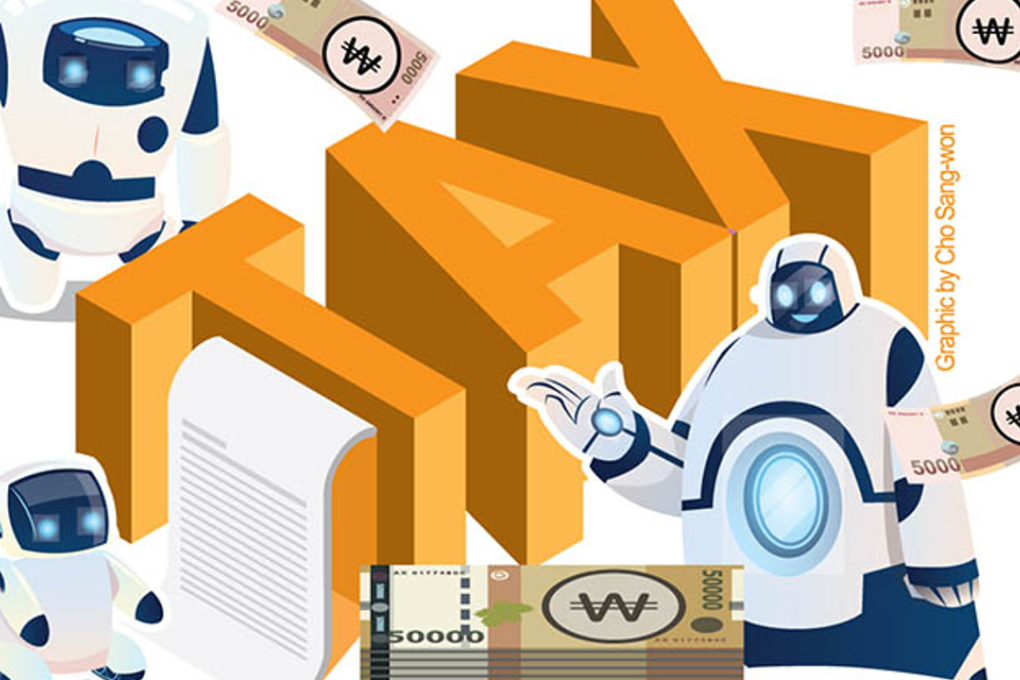South Korea takes first step to introduce ‘robot tax’
Tax revisions will reduce deductions for investments in automation

By Yoon Sung-won
Amid worldwide debate on the use of robots for work and possible consequent unemployment issues, the government made a first move that may help slow down automation in industries, according to sources, Monday.
In its recently announced tax law revision plan, the Moon Jae-in administration said it will downsize the tax deduction benefits that previous governments provided to enterprises for infrastructure investment aimed at boosting productivity.
Currently, enterprises that have invested in industry automation equipment are eligible for a corporate tax deduction. Companies can have part of their corporate tax between three per cent and seven per cent of the investment deducted under the policy, with the rate varying by the size of their business.
This sunset policy was scheduled to expire at the end of the year. But the government suggested extending it to the end of 2019 while decreasing the deduction rate by up to two percentage points.
The original definition of a robot tax is to levy tax on the use of robots for industrial automation. With more advanced and high-powered robots introduced at workplaces, human workers will naturally lose their jobs. In the meantime, the government will need more funds for welfare programmes amid the rising unemployment rate. The notion of a robot tax has been made to make up for the decreasing tax revenue on such a backdrop.